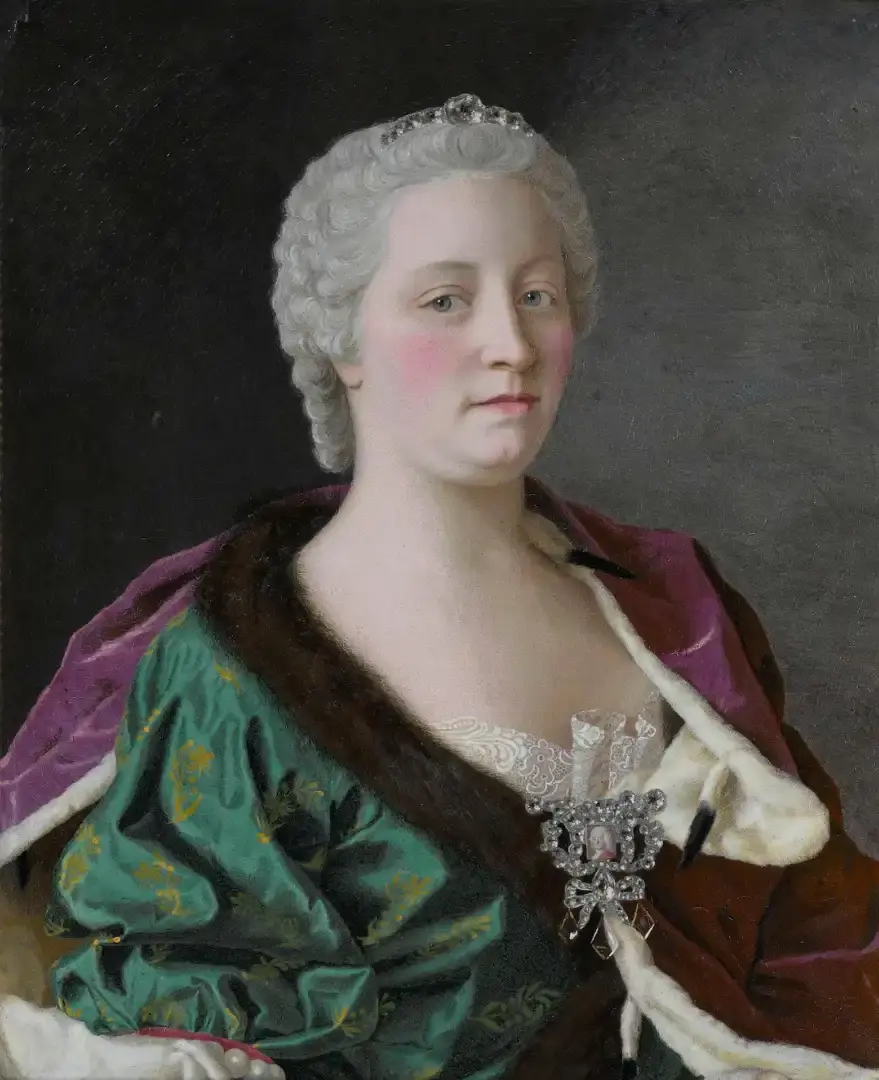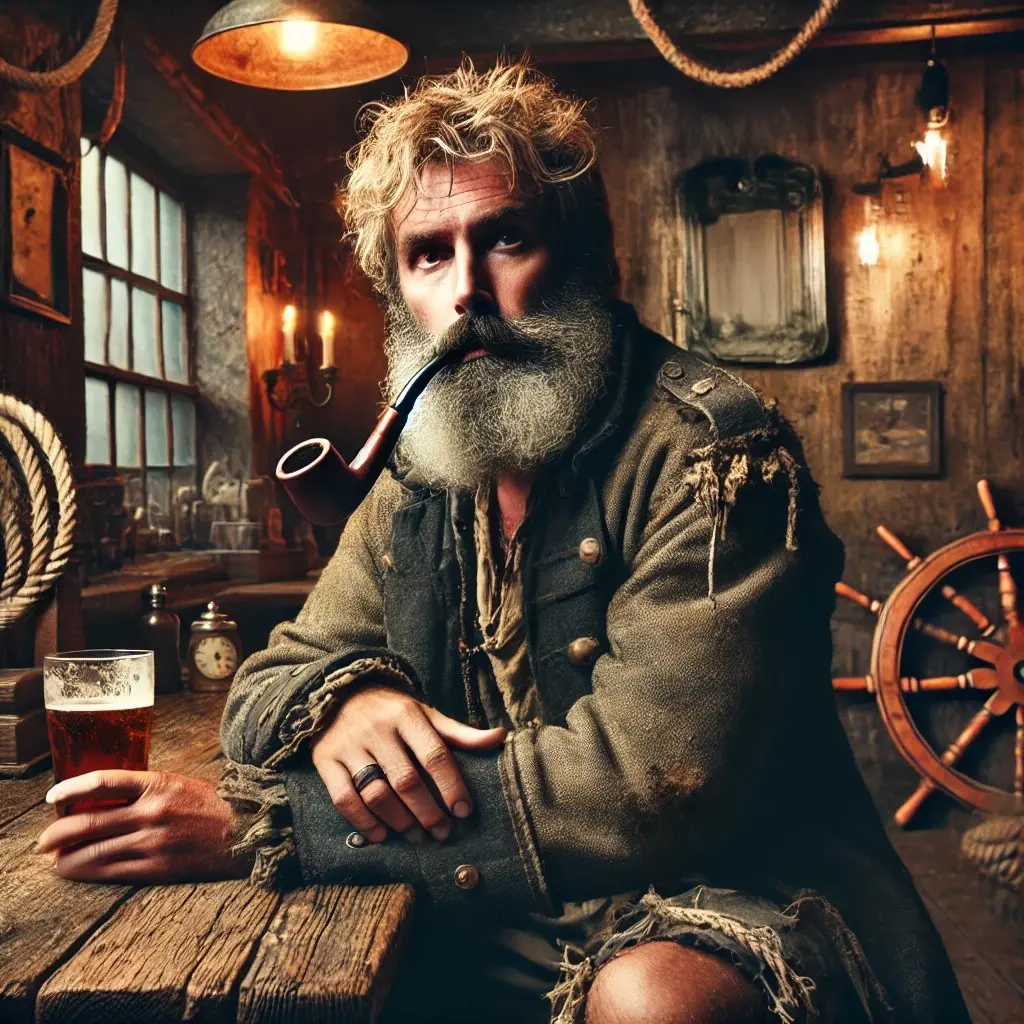The Marks
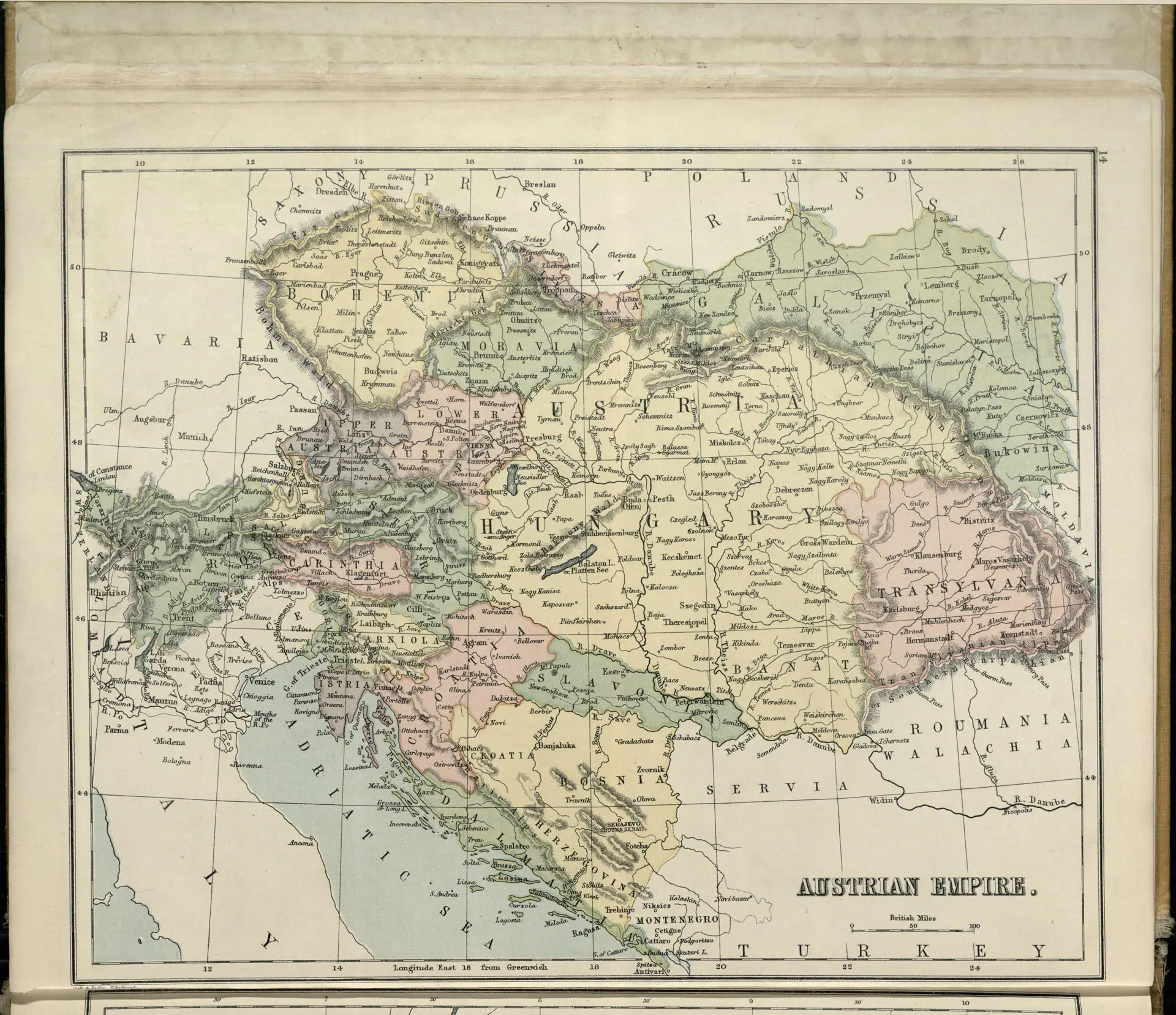
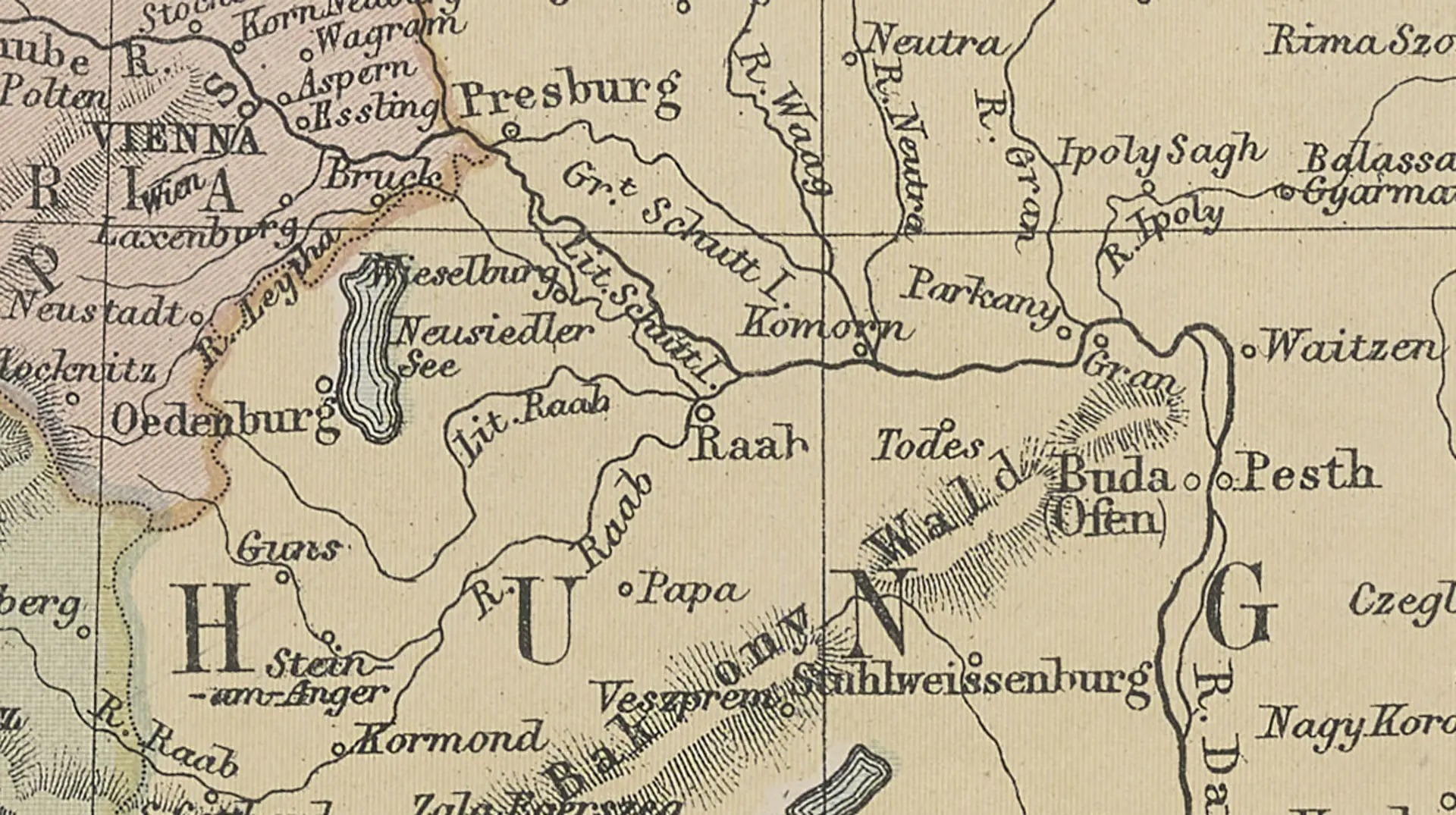
The Bloom family’s journey to Dublin started from Stein-am-Anger (now Szombathely), in the bottom left-hand corner of this detail and proceeded via Buda-Pesth and Vienna.
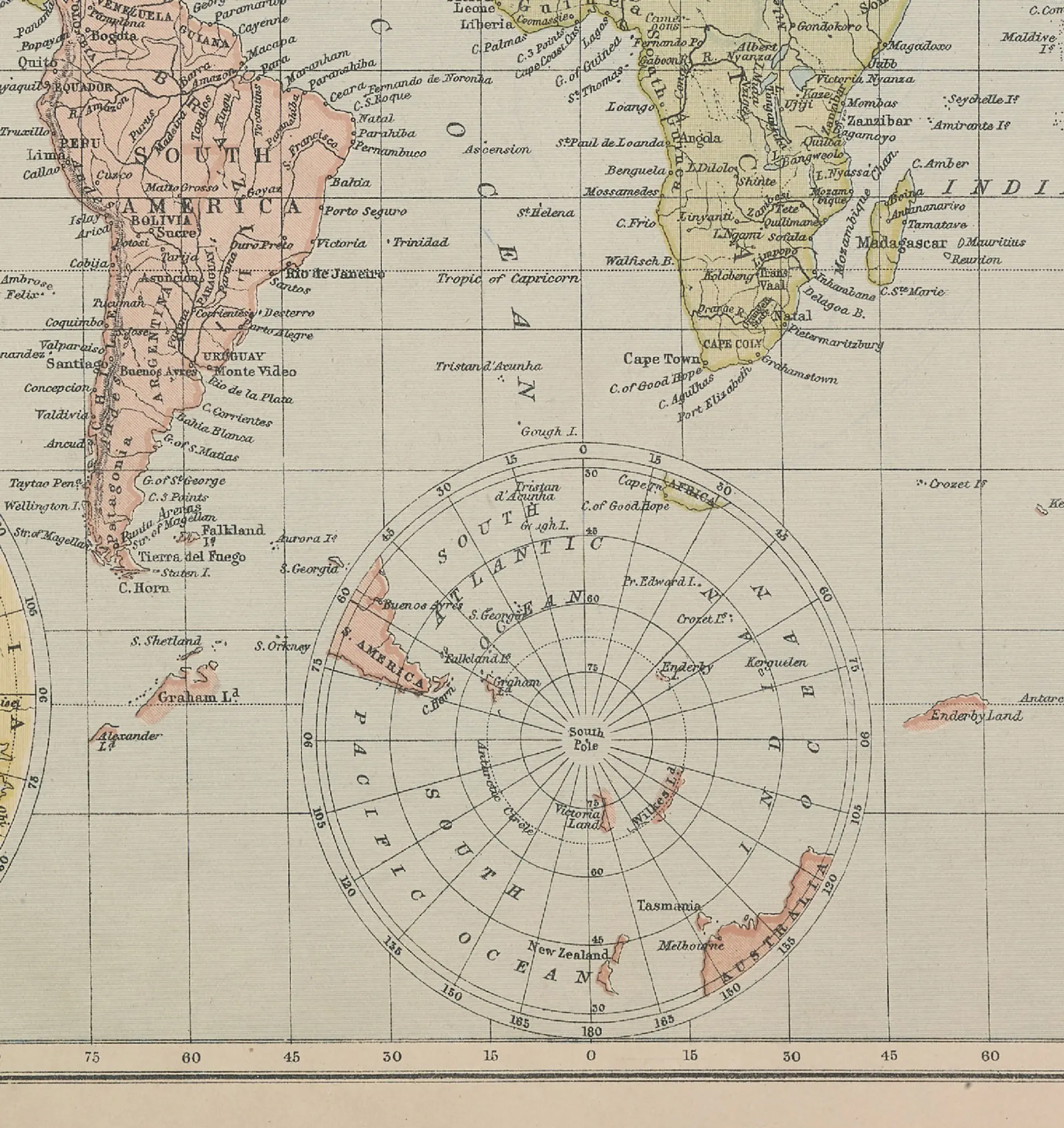
Gall and Inglis did not update their successful Imperial Globe Atlas series comprehensively. Thus Plate 1 The World in the 1904 edition was still showing the Antarctic region as open sea even though geographers were increasingly recognising Antarctica as a continent.
Meanwhile, Plate 1 of the Imperial Globe Atlas supports Bloom’s woolgathering with an image which suggests the oceans are even vaster than they are. The 1903 edition of the Atlas failed to keep up with the growing realisation that Antarctica was a fifth continent; its image of the South Polar regions is unchanged from the 1899 edition. Instead of land it shows Antarctica as mostly sea. This supports the repeated assertion in Ulysses that the earth’s surface is three-fourths (75%) sea, whereas we now know, and Joyce probably knew by the time Ulysses was published, that the World Ocean actually covers just 71% of our planet.
The Texts
Ithaca
What first reminiscence had he of Rudolph Bloom (deceased)?
Rudolph Bloom (deceased) narrated to his son Leopold Bloom (aged 6) a retrospective arrangement of migrations and settlements in and between Dublin, London, Florence, Milan, Vienna, Budapest, Szombathely with statements of satisfaction (his grandfather having seen Maria Theresia, empress of Austria, queen of Hungary), with commercial advice (having taken care of pence, the pounds having taken care of themselves). Leopold Bloom (aged 6) had accompanied these narrations by constant consultation of a geographical map of Europe (political) and by suggestions for the establishment of affiliated business premises in the various centres mentioned.
Had time equally but differently obliterated the memory of these migrations in narrator and listener? In narrator by the access of years and in consequence of the use of narcotic toxin: in listener by the access of years and in consequence of the action of distraction upon vicarious experiences.
Eumaeus
—I’m tired of all them rocks in the sea, he said, and boats and ships. Salt junk all the time.
Tired seemingly, he ceased. His questioner perceiving that he was not likely to get a great deal of change out of such a wily old customer, fell to woolgathering on the enormous dimensions of the water about the globe, suffice it to say that, as a casual glance at the map revealed, it covered fully three fourths of it and he fully realised accordingly what it meant to rule the waves.
Discussion
Certainly it can be made to look like it. Early on, with the Pyrrhic War anecdote, he writes of a gorescarred book and daughters of memory. At the other end of Ulysses, in Penelope, he makes clear that a map was part of his relationship with Nora. His letter to Nora, on September 12, 1904, asks ‘have you found that place on the map’. The marks on the map of Ireland can readily be interpreted to reflect that question.
